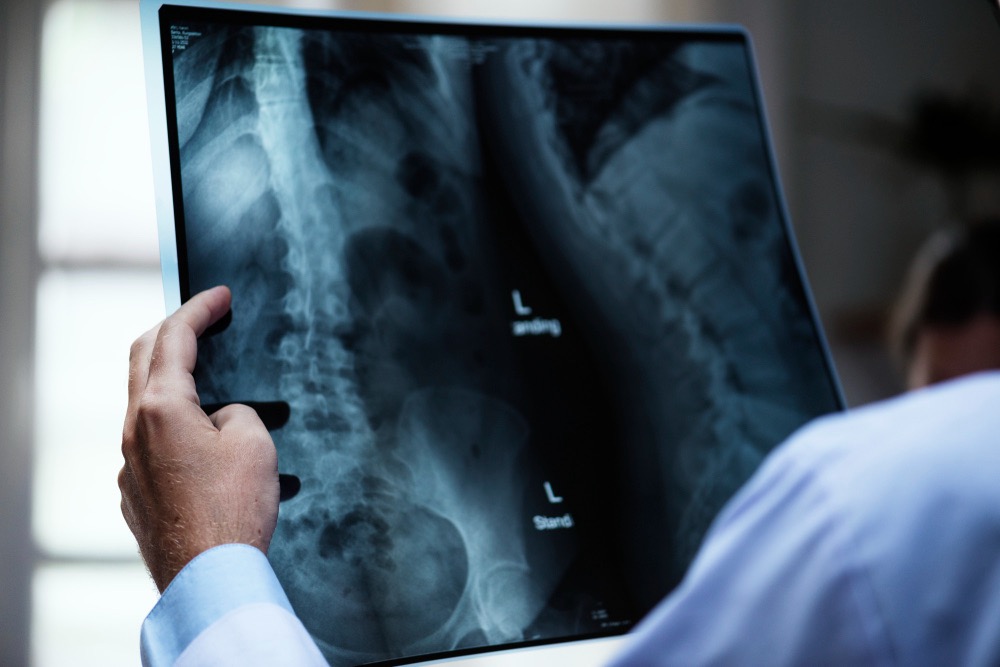

Understanding Herniated Discs: Symptoms, Causes, and When to Seek Help
Herniated discs—commonly referred to as slipped or ruptured discs—are among the most frequent causes of neck and back pain. Although the term sounds alarming, a herniated disc is a treatable condition, especially with early diagnosis and proper care. In this article, we’ll break down what a herniated disc is, the symptoms to look out for, and when it’s time to consult a specialist.
What Is a Herniated Disc?
Between each of the vertebrae in your spine are soft, gel-like cushions called intervertebral discs. These discs act as shock absorbers, allowing flexibility and movement in the spine. When the outer layer of a disc weakens or tears, part of the inner gel can leak out. This is called a herniation.
Depending on the location and severity, a herniated disc can put pressure on nearby nerves, leading to pain, numbness, or muscle weakness.
Common Symptoms
A herniated disc can occur in the cervical spine (neck), thoracic spine (mid-back), or lumbar spine (lower back). Symptoms vary by region, but generally include:
Cervical (Neck)
- Neck pain that radiates to the shoulder, arm, or hand
- Tingling or numbness in the fingers
- Muscle weakness in the arms
Lumbar (Lower Back)
- Lower back pain that radiates down to the buttock or leg (sciatica)
- Difficulty standing for long periods
- Reduced mobility or stiffness
Not all herniated discs cause noticeable symptoms, but when nerve compression occurs, the pain can become disabling.
What Causes a Disc to Herniate?
Disc herniation is most commonly caused by age-related degeneration. As we get older, spinal discs lose hydration and flexibility, making them more susceptible to damage. However, other factors can contribute:
- Heavy lifting or sudden strain
- Repetitive motion
- Poor posture
- Sedentary lifestyle
- Genetic predisposition
When to See a Neurosurgeon
Many herniated discs improve with conservative treatment like physical therapy, rest, or pain medications. However, certain signs indicate it’s time to consult a neurosurgeon:
- Persistent or worsening pain despite rest
- Loss of bladder or bowel control (a medical emergency)
- Progressive numbness or weakness
- Difficulty walking or coordinating movement
Minimally invasive procedures like endoscopic discectomy can relieve pressure on the nerve while preserving the disc's structure and function. In more complex cases, spinal decompression or fusion surgery may be required.
Expert Care from Dr. Salim
Dr. Salim specializes in treating spine and nerve conditions, including herniated discs, using minimally invasive and endoscopic techniques. These approaches minimize recovery time, reduce postoperative pain, and deliver long-lasting relief.
If you suspect a herniated disc is affecting your daily life, seeking evaluation from a board-certified neurosurgeon can make all the difference.


